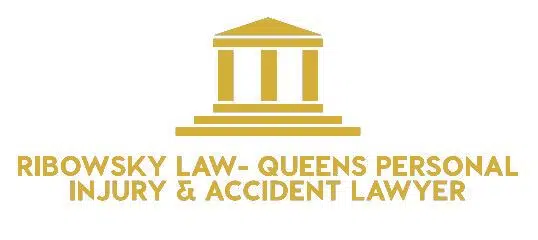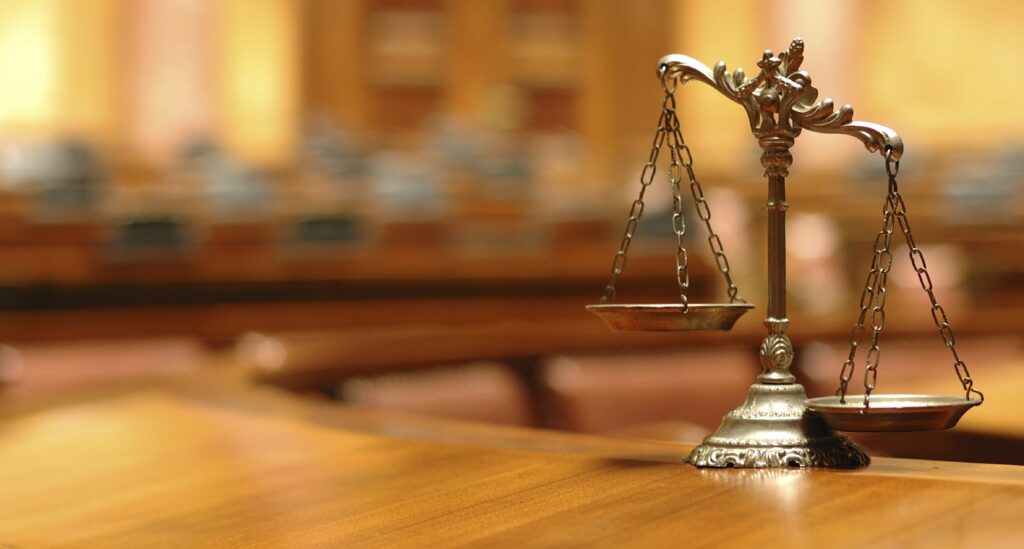In every state, there is an expectation that the general public behaves within a state established code of conduct thereby avoiding arbitrary risks in



The Legal area of personal injury is plagued by unfortunate stereotypes resulting from perpetual advertising for no gain and no fee and the perception of personal injury lawyers as ambulance drivers. The reality of personal injury law, however, is far removed from these misconceptions.
Equity and justice is the cornerstone of most nations’ Legal system. If someone has caused physical or financial damage to you, this situation should be justified. This is the condition of personal injury right. The aim is to correct the injustice and tort actions caused by others by handing equivalent fines and alternatives to the offender (defendant) in honor of the offended (claimant).
LEGAL DEFINITION OF PERSONAL INJURY
From the legal thesaurus, personal injury occurs when a person's body, mind or emotions are injured as a result of another person's negligence, denial or misconduct. Personal Injury Law is also called tort law. The word tort comes from the Latin meaning harm or damage, and the tort law encompasses a wide variety of types of personal injury claims.
A wide variety of incidents can lead to personal injury claims. These can include road accidents, trucking accidents, boat accidents, ATV accidents, and plane crashes. They may also include liability claims such as falls, inadequate security claims, attractive nuisance claims, and so on. Medical malpractice, negligence, and abuse in retirement homes and dog bites are also recognized as tort actions. Defamation and slander, which damage a person's reputation and emotional harm, may form the basis of valid claims. Finally, personal injury law also includes intentional offenses, including assault, batteries, and others.
COMPREHENSION OF IRRESPONSIBILITY (NEGLIGENCE) IN PERSONAL INJURY AFFIRMATION
If you are injured, the law demands that you prove that the defendant was negligent in order to hold him accountable. In general, when someone acts recklessly or carelessly and causes harm to someone else, his actions may be negligent. Injury claimants must be able to prove that the conduct of the accused respects the elements of negligence in order to prevail in their case. A claim for negligence consists of four elements, and you must be able to prove all four.
The first element of a negligence claim is a duty. To prove this, you must be able to show that the defendant in your case owed you a legal obligation in the circumstances. The obligation may vary depending on your type of injury. For example, Missouri drivers must exercise the utmost caution, which a very prudent and prudent person would exercise when driving. The legal obligation of the owners is to preserve the security of their premises for those present, but the obligation varies according to the type of visitor and his age.
After proving that the defendant owes you a duty, you must then show that his actions constituted a violation of that duty. A violation may be demonstrated by the actions or defaults of the defendant. Whether or not there is a violation is determined by what a reasonable and prudent person would have done in the circumstances. If a reasonably prudent person would have known that his actions or actions could hurt another person, an offense will likely be found. The breach of an obligation under the law is very specific to each case.
The third element that you must be able to prove is causality. This means that you must show that the defendant's failure caused your accident and the resulting injury. Your injury must be reasonably foreseeable, and the breach must be the direct or actual cause of your injury.
The last element of negligence in a personal injury claim is proof of the offense. To prove this element, you must be able to demonstrate the damage. The damage is usually economic (medical bills, for example) and not economic (pain/suffering or mental anguish). Whatever the type or extent of the damage, the only recourse you are entitled to under the law is the payment in cash.
PREMISES & PUBLIC/PRIVATE LIABILITY
In this type of personal injury case, the claimant asserts that a dangerous condition of the property is causing damage and that the owner or operator of the property should be held liable.
Responsibility for the premises refers to the prospective legal liability of the owner of the property (or property operator) for injuries sustained as a result of dangerous conditions on the property. Premises liability cases may exist in almost any type of structure or open space and may include injuries resulting from faulty sidewalks, slips, falls, swimming pools, construction sites, equipment falls, fires animals or criminals or insufficient security.
CAUSES THAT THE AFFLICTED NEED TO JUSTIFY
The elements of a civil liability file vary from one State to another; it is, therefore, important to check the laws of your jurisdiction. As a general rule, however, the injured party (the claimant) will have to prove:
Let's take a closer look at each element.
The first thing you need to prove is that the defendant owned occupied or rented the property. In a case of liability in good premises, it will be clear that the owner, occupant or lessee had an obligation to check the property and ensure that the property was in a reasonably good condition, according to the actual use.
The next thing you need to prove is that the defendant was negligent in the use of his property. Negligence is a legal concept that holds those responsible in a civil court for the unintentional harm they cause to others. You must show that the defendant did not use the standard of care required by the situation.
Historically, the defendant's liability for damages on that property depended on the status of the person’s entrance into the property. More recently, however, some states have denied this approach and are instead sticking to the principles of ordinary negligence to prove fault.
Responsibility based on the identity of the individual in the field; the historical approach used in many jurisdictions to determine the defendant's standard of care depends on the status of the person entering the field. There are three basic statuses: guests, licensees, and intruders.
Under this approach, the defendant has a right to warn of known and potential hazards that you do not know and that you cannot reasonably find out alone. This obligation extends to the dangers that the defendant should have known if he had exercised due diligence.
You must show that you have been hurt. You can do this through your testimony and the testimony of any attending physician. You can also provide medical bills and expert testimony about your injuries, the extent of your medical treatment and the impact of your injuries on ongoing medical care on different areas of your living.
Finally, you must show that the negligence of the defendant has been an important factor in the formation of your injuries. The harm you have suffered must be reasonably foreseeable in light of the action (or inaction) of the defendant. And the evasive nature of the defendant does not really have to be the only cause of your injury, but it must have added mostly to your injury.
It is possible to recover several types of damages if your case corresponds to the legal definition of bodily injury. Your lawyer will analyze your case and your injuries to assess your claim and provide you with a range of values in which any reasonable settlement should occur. In general, the types of potential damages that can be recovered in a personal injury claim are:
In certain circumstances, your spouse may also be able to claim damages for consortium loss.
Ribowsky Law Is A Top Rated Martindale-Hubble Accident & Injury Lawyer in Queens, NY. Call Or Visit Them At:
In every state, there is an expectation that the general public behaves within a state established code of conduct thereby avoiding arbitrary risks in
A deposition in a slip and fall case will generally consist of a visit to the defense attorney’s office where you will be questioned about the case under
